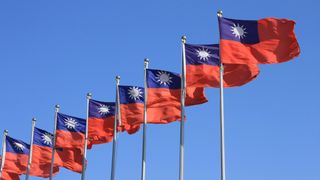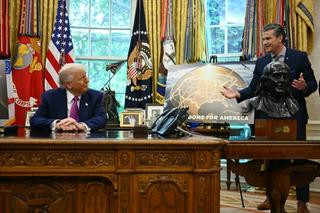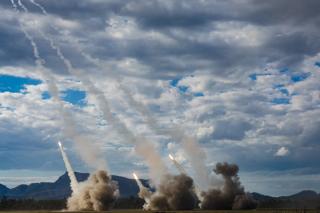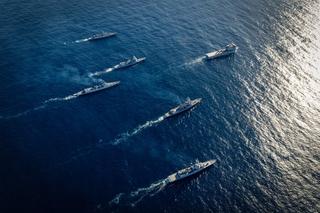Australia has a Taiwan problem. This is a result of the fact our public discourse on security in the Taiwan Strait has become overwhelmingly reductionist.
Australia’s debate is dominated by the question of whether, unreflectively, we would support the US in any such conflict, couched in the terms of it being fought by the US in an attempt to maintain primacy in the region. This is the wrong question and the wrong debate.
In fact, for those who prosecute this line it is more a proxy for a discussion of the Australia-US alliance and anti-US sentiment, despite the fact it is the least likely potential cause of any conflict across the Taiwan Strait and Australia’s acknowledgment of the end of US regional primacy.
Australia’s debate over Taiwan’s security is thus an argument without context. It is largely devoid of discussion of Australia’s regional security strategy and rife with misinformation.
Last month a bipartisan Senate resolution made it clear the 1971 UN resolution 2758 does not establish the People’s Republic of China’s sovereignty over Taiwan, nor does it determine the future status of Taiwan in the UN or Taiwanese participation in UN. The Senate’s statement was exceptionally welcome.
It clarified Australia’s stance and its rejection of the disinformation and propaganda of the PRC. The statement accurately describes Australia’s longstanding position on Taiwan in that we “acknowledged the position of the PRC” that Taiwan was a province of the PRC and Australia’s commitment to maintaining the status quo across the Taiwan Strait. Acknowledging the PRC’s position and accepting it are not the same thing.
It is worth reminding ourselves of some key facts about Taiwan that often are overlooked in the face of a relentless PRC propaganda campaign, incursions into Taiwan’s territorial waters, grey-zone warfare and military coercion designed to undermine and overturn the cross-strait status quo.
Taiwan has flourished as a society. Its 24 million people are governed by the most democratic government in Asia, according to The Economist, scoring 10 out of 10 for its electoral process and pluralism. This system makes it a top 10 democratic country, beating Australia, the US and Britain.
It was also the first country in Asia to recognise same-sex marriage, and women make up 42 per cent of parliamentarians – Australia has only 38 per cent.
Taiwanese democracy supports the rules-based international order and is a key linchpin on the global economy. It produces more than 60 per cent of the world’s semiconductors and more than 90 per cent of the most advanced chips. These advanced chips power next-generation technologies such as 5G, artificial intelligence and high-performance computing. They appear in everything from our iPhones, cars, televisions and computers, to F35 Joint Strike Fighters and our most advanced military equipment and weapons, as well as those of our allies and partners.
Taiwan was Australia’s ninth largest two-way goods and services trading partner (worth $33.6bn) and our sixth largest goods and services export market (worth $23.5bn) last year. Taiwan is a member of the World Trade Organisation, where under international trade law it has equal status to that of the PRC or Australia.
It also is by far the largest trade partner with which Australia does not have or is not in the process of negotiating a bilateral free-trade agreement or regional trade agreement. This is even though New Zealand and Singapore have longstanding FTAs with Taiwan, and it is a member of the WTO, the Asia-Pacific Economic Co-operation forum, the Asian Development Bank, Pacific Economic Co-operation Council and Pacific Basin Economic Council.
Basic details such as these are largely absent from the public debate in Australia over regional security and cross-strait relations. Australia’s public debate remains mired in reducing one of the most important regional security flashpoints into a binary national discussion that focuses on Australia’s support, or not, for the US. Prime ministers, defence ministers and foreign ministers in Australia, of both political persuasions, routinely are asked the Taiwan question about Australia’s support for the US in a war with China. It is always done in the most reductionist terms.
To continue to discuss the region’s security concerns over Taiwan in such a manner is completely self-centred. Ultimately it is an argument about security from Asia rather than security in Asia.
This persistent approach disenfranchises the Taiwanese people; removes any sense that an invasion of Taiwan most likely would be a unilateral act by the PRC to change the status quo through the use of force, as Chinese leader Xi Jinping consistently threatens; and reduces regional security to a bipolar PRC-US struggle, with Australia and other states as mere adjuncts to US power.
It removes Australian agency, belittles regional multilateral and minilateral security architecture, and completely ignores the role of other key regional powers and US allies Japan, South Korea and The Philippines as well as the rest of the Association of Southeast Asian Nations.
This national conversation is far removed from Australia’s declared strategic approach of a regional balancing strategy enabled through allies and partners, deterrence by denial and the maintenance of the status quo over Taiwan. Australia is facing its most challenging regional security environment since the end of World War II. We can no longer afford reductionist arguments.
A new public debate on Taiwanese and regional security must emerge, one that requires the nation to look more broadly into the region and assess its security more deeply as a part of regional affairs. One that is built much more around our own agency and that of Japan, South Korea, ASEAN and Taiwan as well as our alliance with the US.
The recent Senate statement must be the first step in reframing this debate.
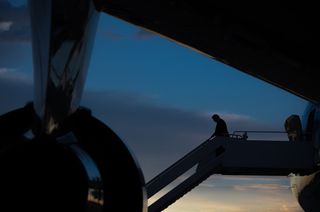
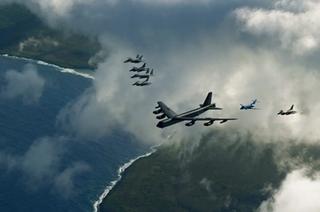


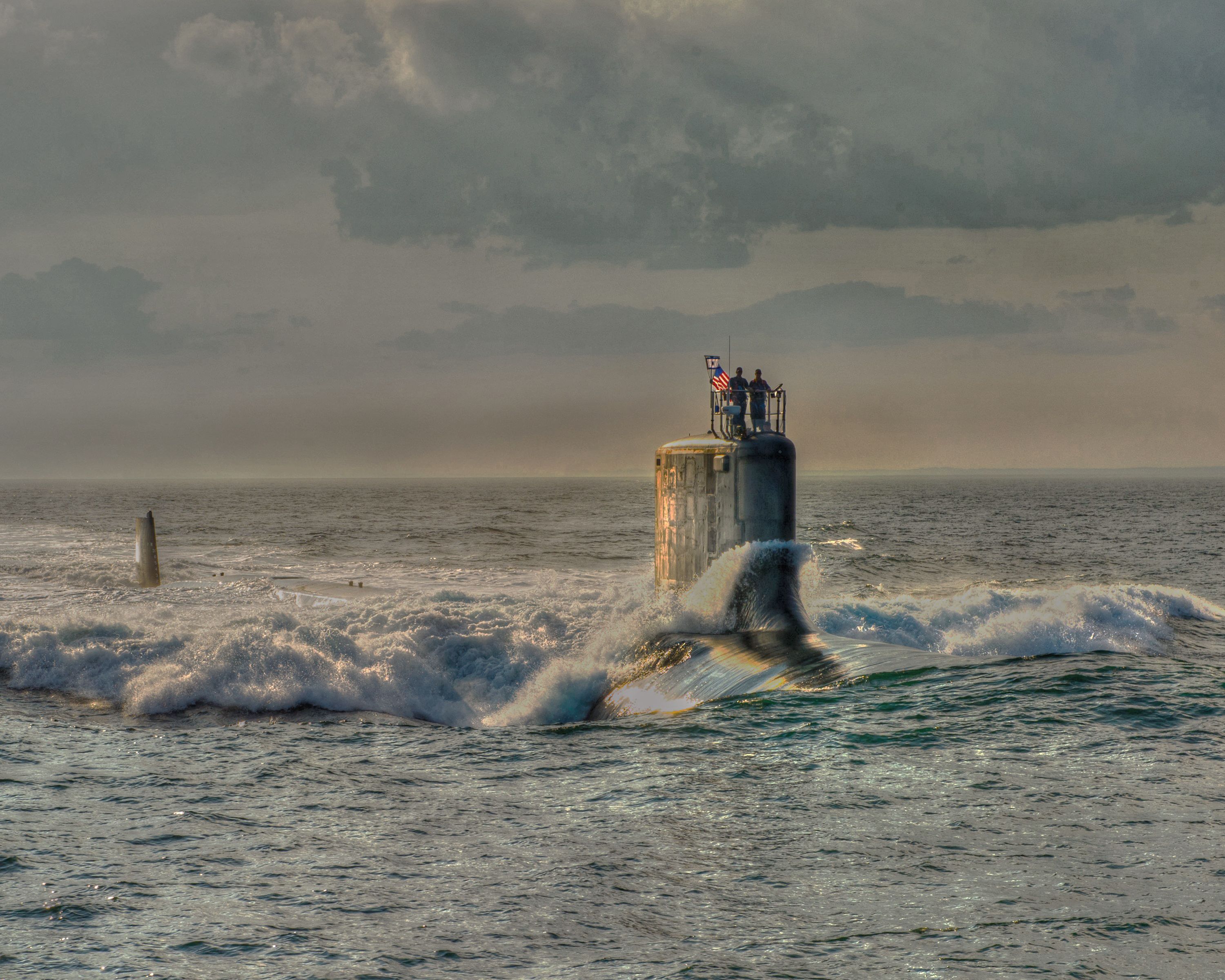.jpg?rect=0,80,3000,1989&fp-x=0.5&fp-y=0.44772296905517583&w=320&h=212&fit=crop&crop=focalpoint&auto=format)
